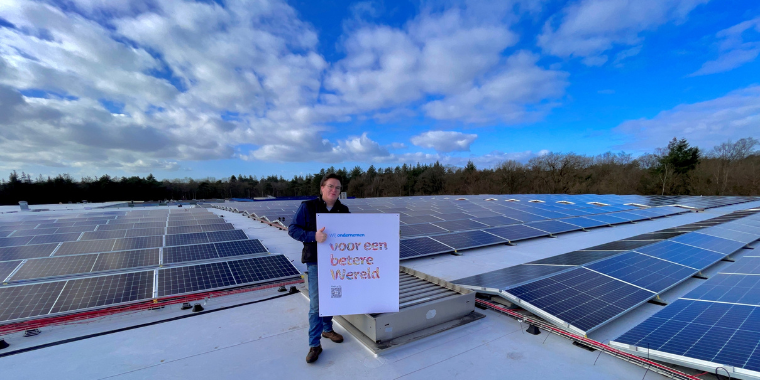
Manutan shares the latest results of its decarbonisation strategy
Manutan, the European leader in B2B e-commerce, is committed to actively contributing to a more sustainable planet. One of its key commitmenta is to achieve net zero greenhouse gas emissions by 2050 or before, in line with the Paris Agreement. To support this goal, the company has developed a comprehensive decarbonisation roadmap with short, medium, and long-term targets.
A promising first assessment
Nisrene Haddad, CSR Director at the Manutan Group, explains: “Our approach to environmental transformation is based on three pillars: gaining a deep understanding of the challenges, precisely measuring our impacts, and implementing sustainable, self-renewing solutions.”
Over the past three years, Manutan has monitored its Scope 1 and 2 emissions (direct and indirect emissions related to energy use). This includes purchased electricity, heating (gas consumption and purchased heat/steam), and fuel consumption by company owned lease cars. Between 2022 and 2024, the company recorded a 21% reduction in Scope 1 and 2 emissions, exceeding its initial expectations by 11 percentage points.
The group has also completed the calculation of its Scope 3 emissions which include all other indirect emissions across the value chain, in accordance with the GHG Protocol. This is a key milestone, as Scope 3 accounts for more than 99% of Manutan’s total emissions—a result in line with expectations given the company’s role as a distributor.
The most significant categories identified were:
- Purchased goods and services, representing over half of Scope 3 emissions
- Use of sold products, reflecting the energy consumption of certain product types
- End-of-life treatment of products, highlighting the importance of responsible product design and circularity
This detailed mapping provides a solid foundation for prioritising decarbonisation efforts where they matter most.
Ambitious projects underway
By 2035, Manutan aims to achieve net zero emissions for Scope 1 and 2. To reach this goal, several key measures will be implemented across all operational sites, including:
- Transitioning to an all-electric vehicle fleet
- Deploying fossil-free heating and cooling systems
- Sourcing 100% renewable electricity
In parallel, the Group is rolling out initiatives to reduce Scope 3 emissions across multiple levels of the value chain. These include:
- Lowering the carbon impact of products by promoting low-impact materials and increasing the availability of second-hand and refurbished products
- Collaborating with suppliers to promote eco-design, product durability, and responsible manufacturing practices
- Decarbonising transport and logistics, both upstream and downstream, through efficiency gains and alternative low-emission transport modes
Manutan remains firmly committed to embedding sustainability across all its operations and creating long-term value for a better society, a better planet and a better business. This commitment covers Scopes 1, 2 and 3
| Scope 1: Direct emissions produced by the company’s own activities Scope 2: Indirect emissions related to the energy purchased by the company Scope 3: Indirect emissions from the company’s activities, originating from sources it neither owns nor directly controls |
